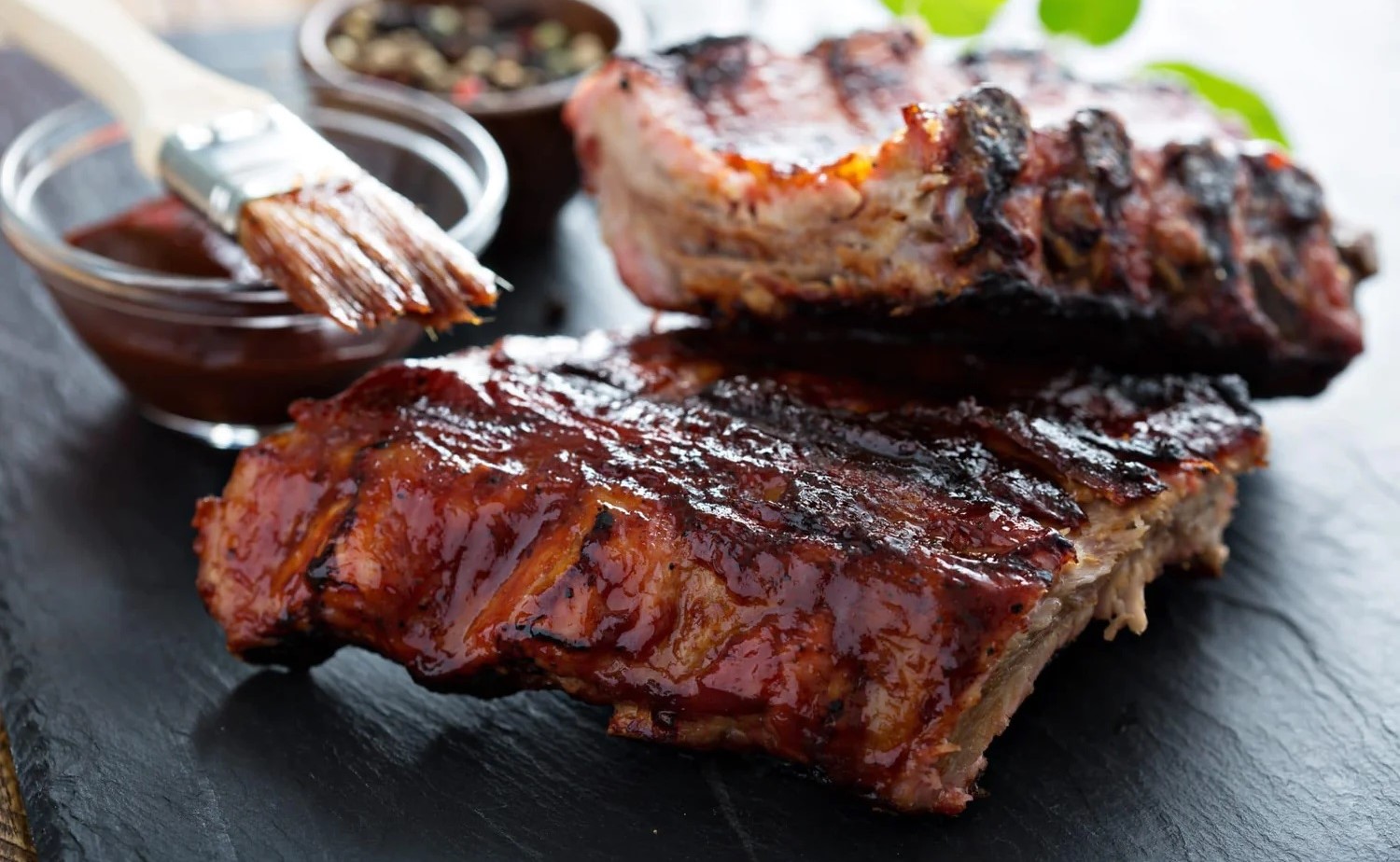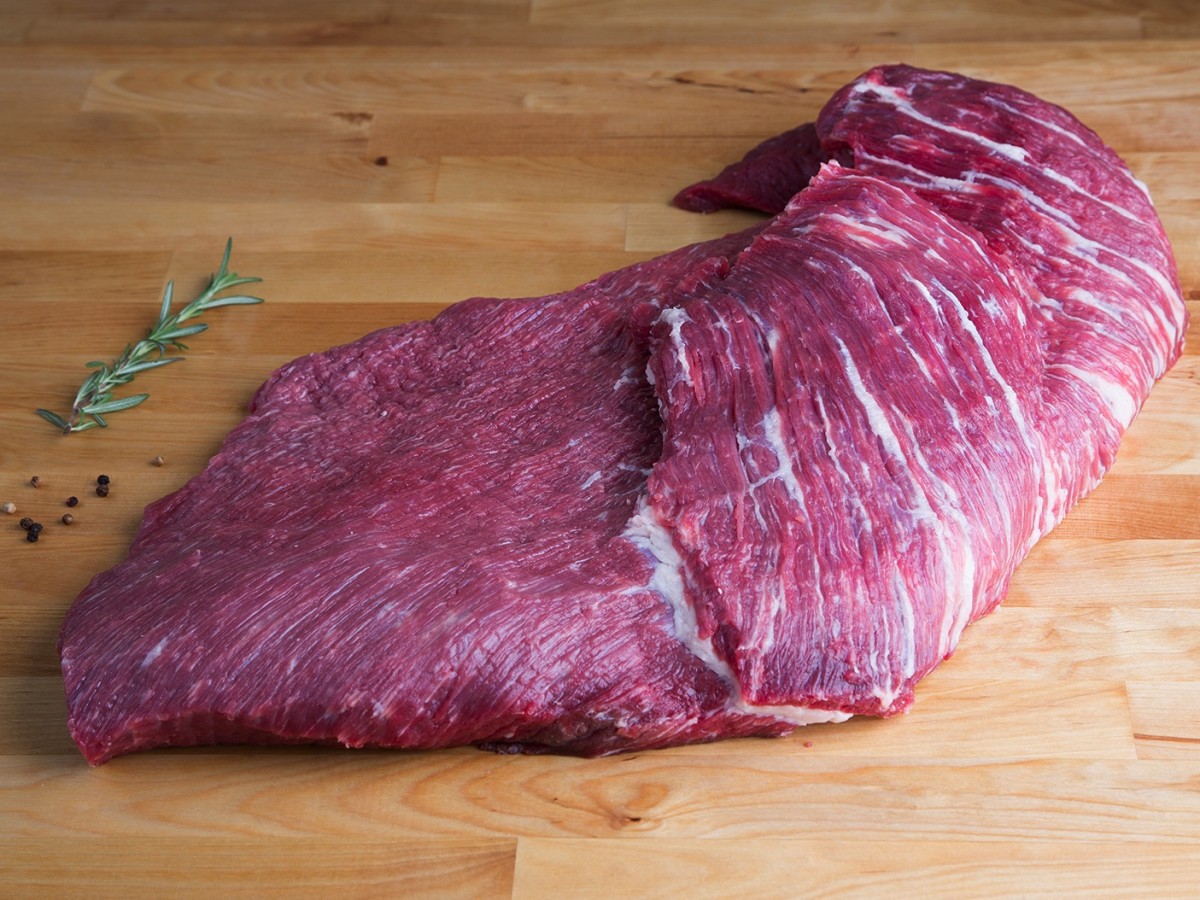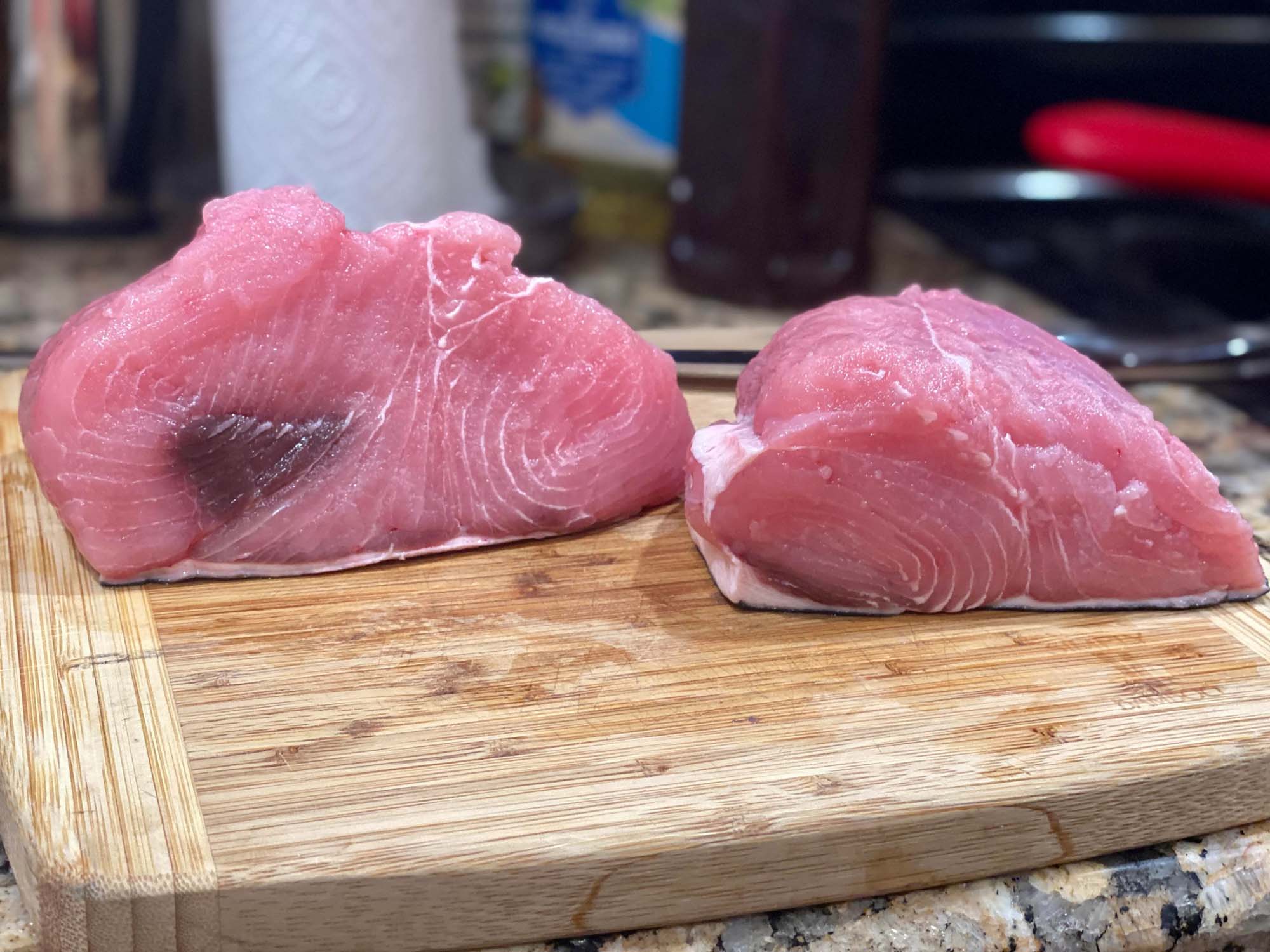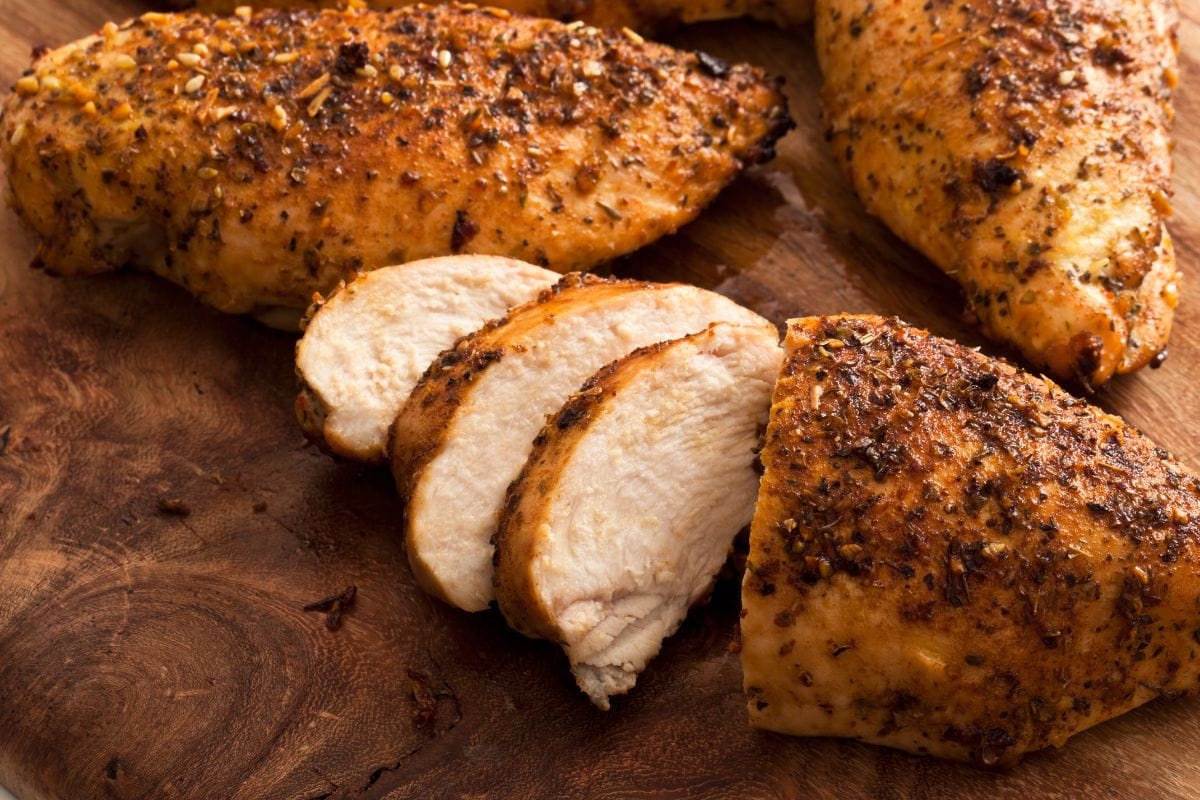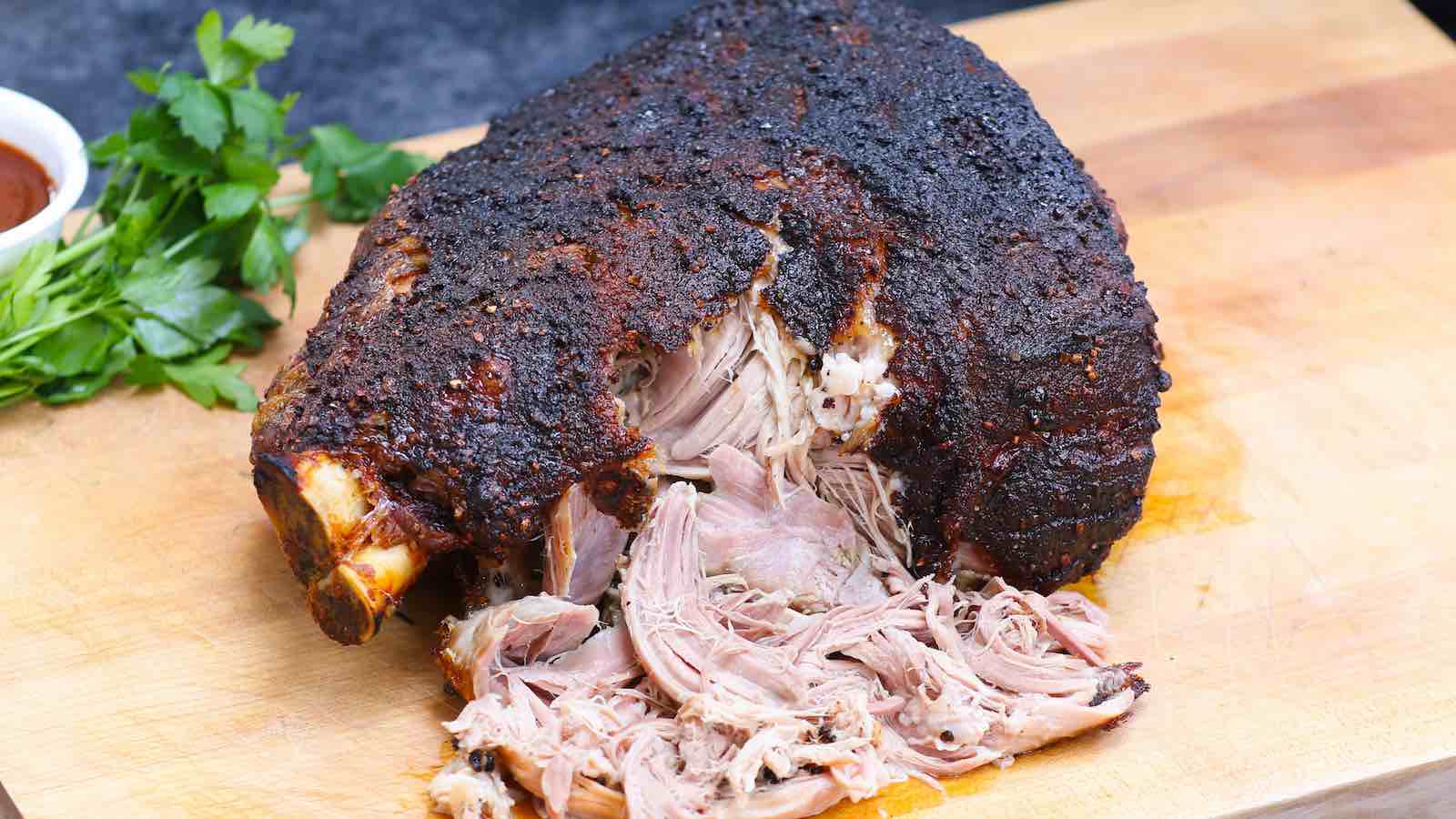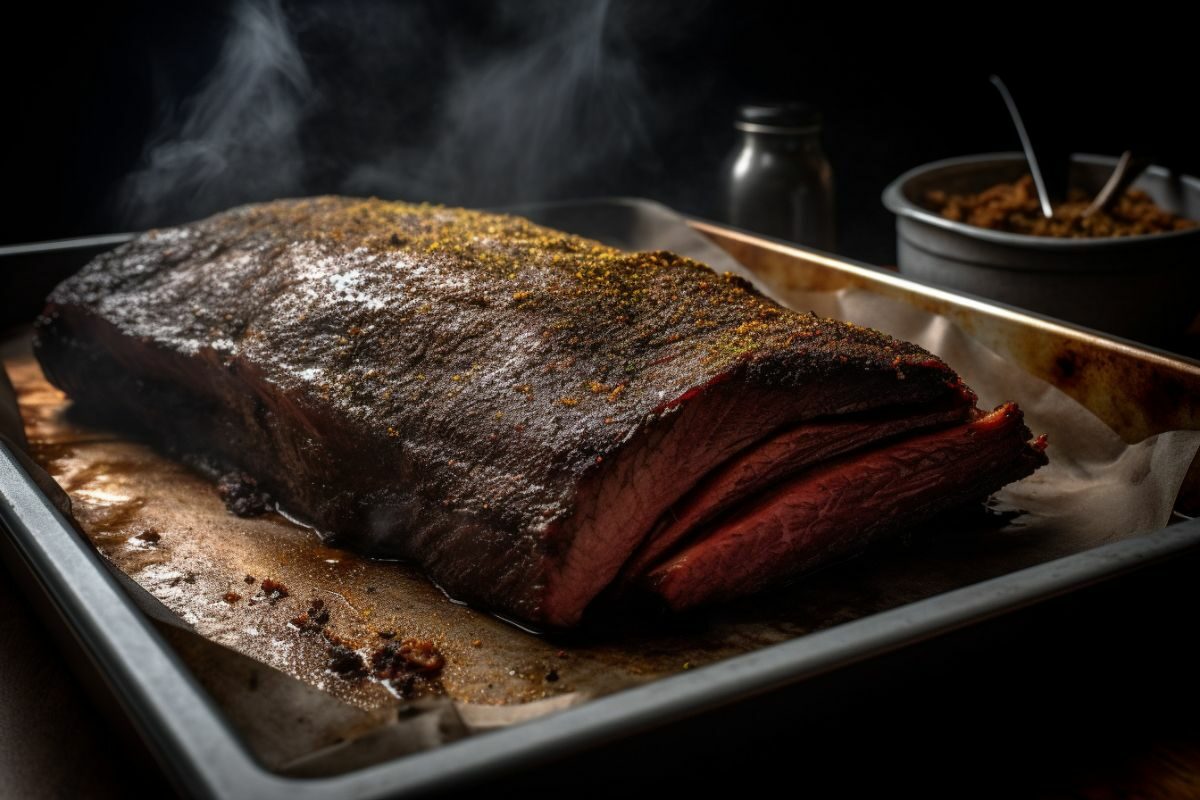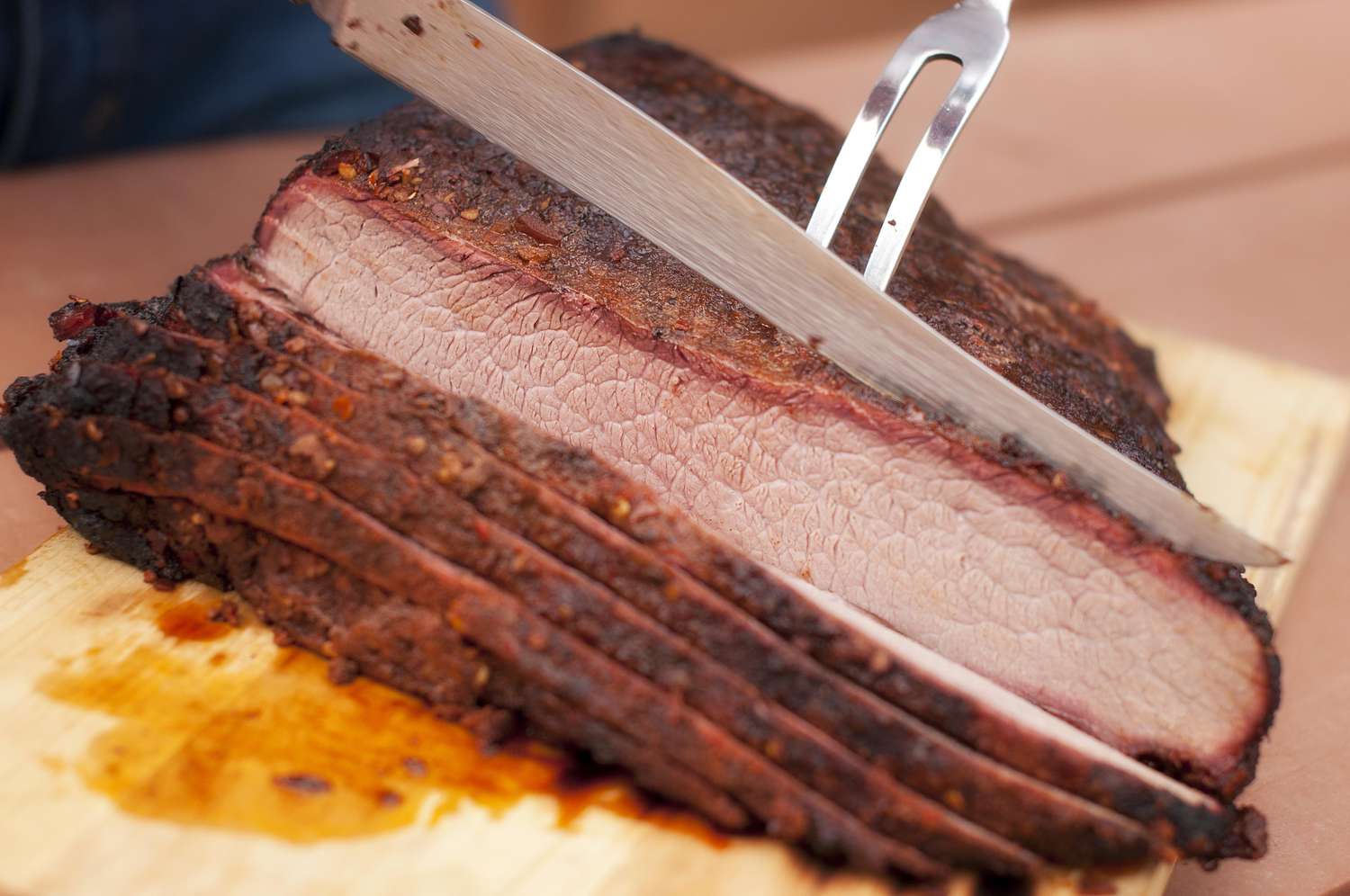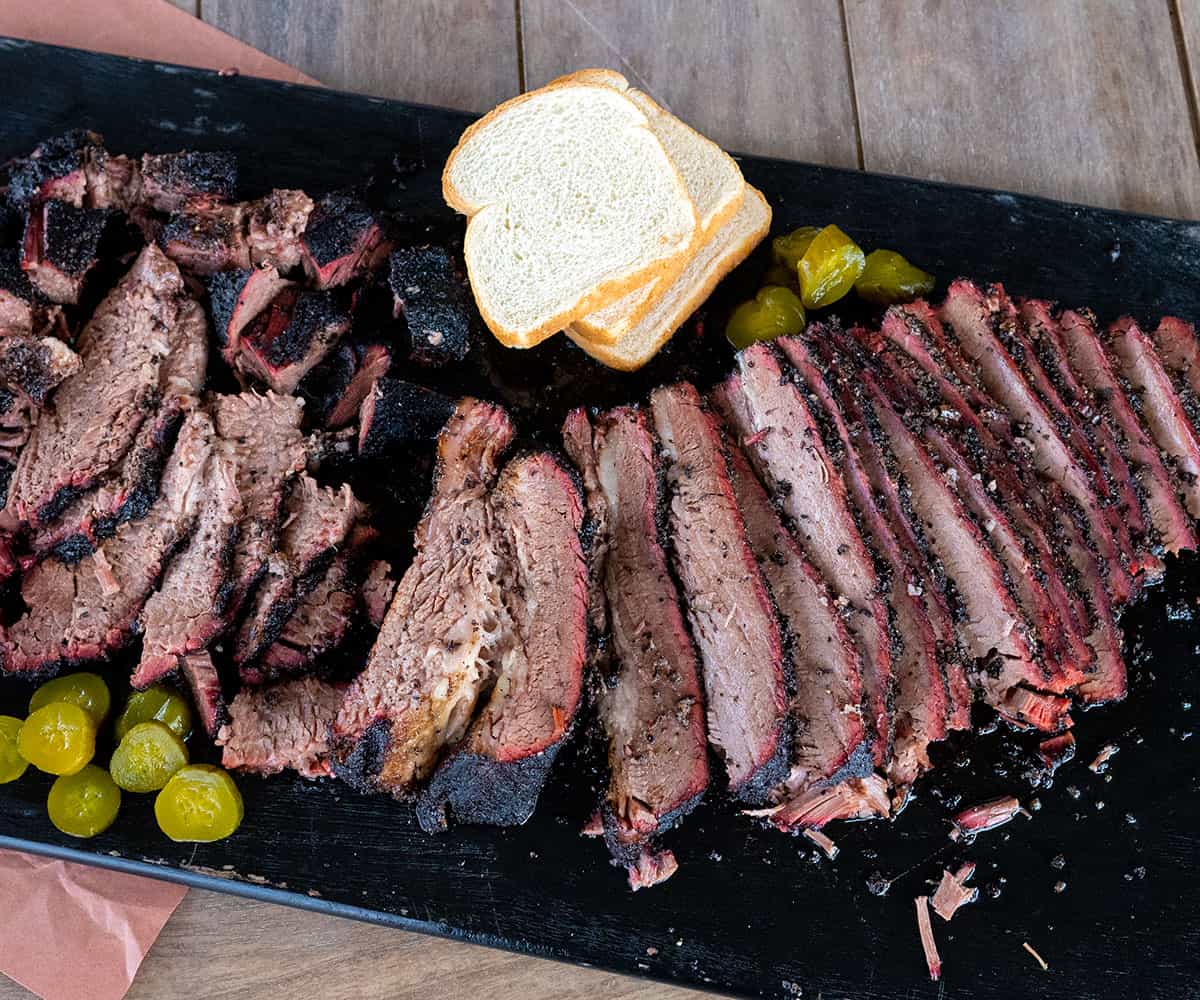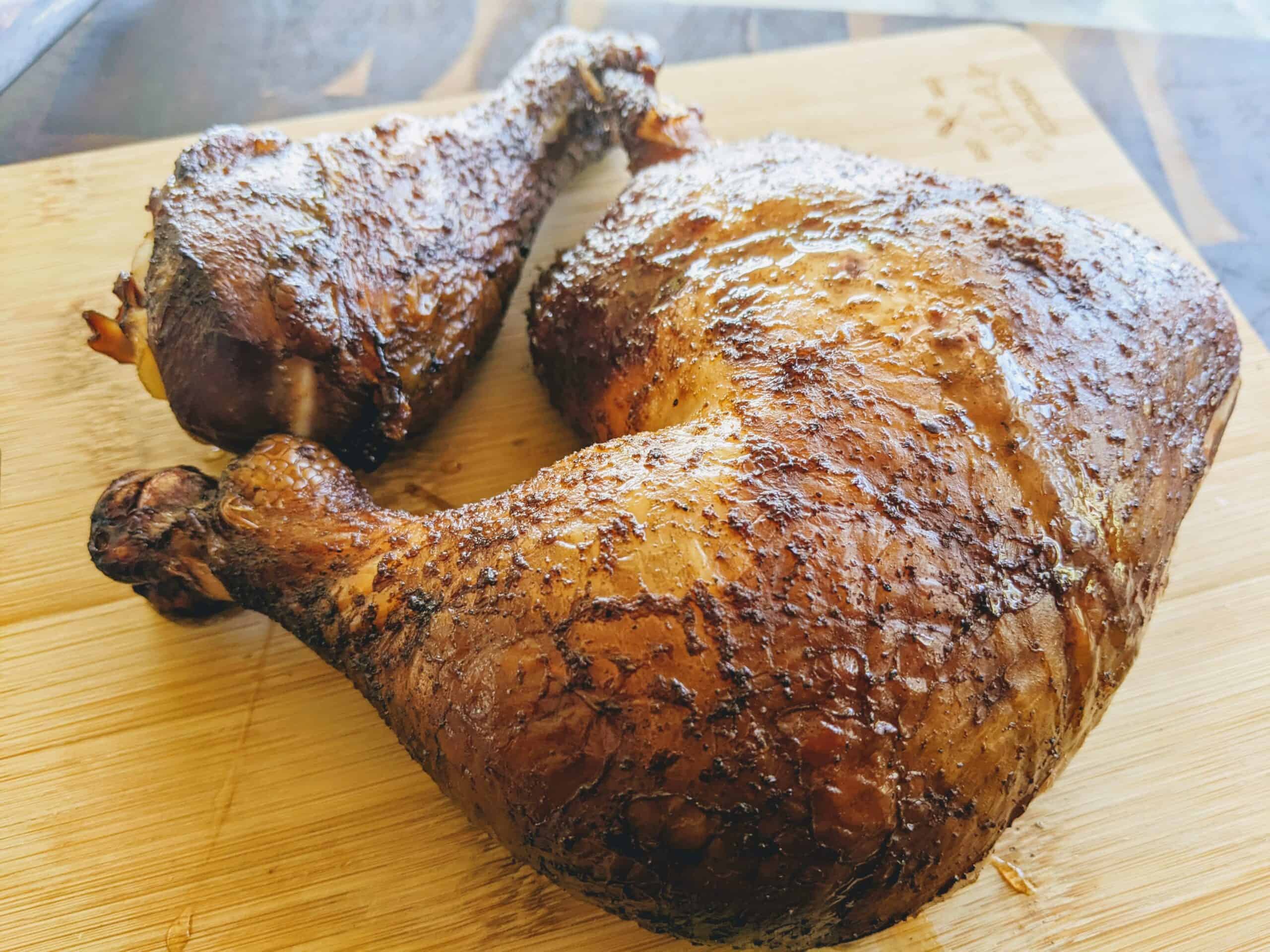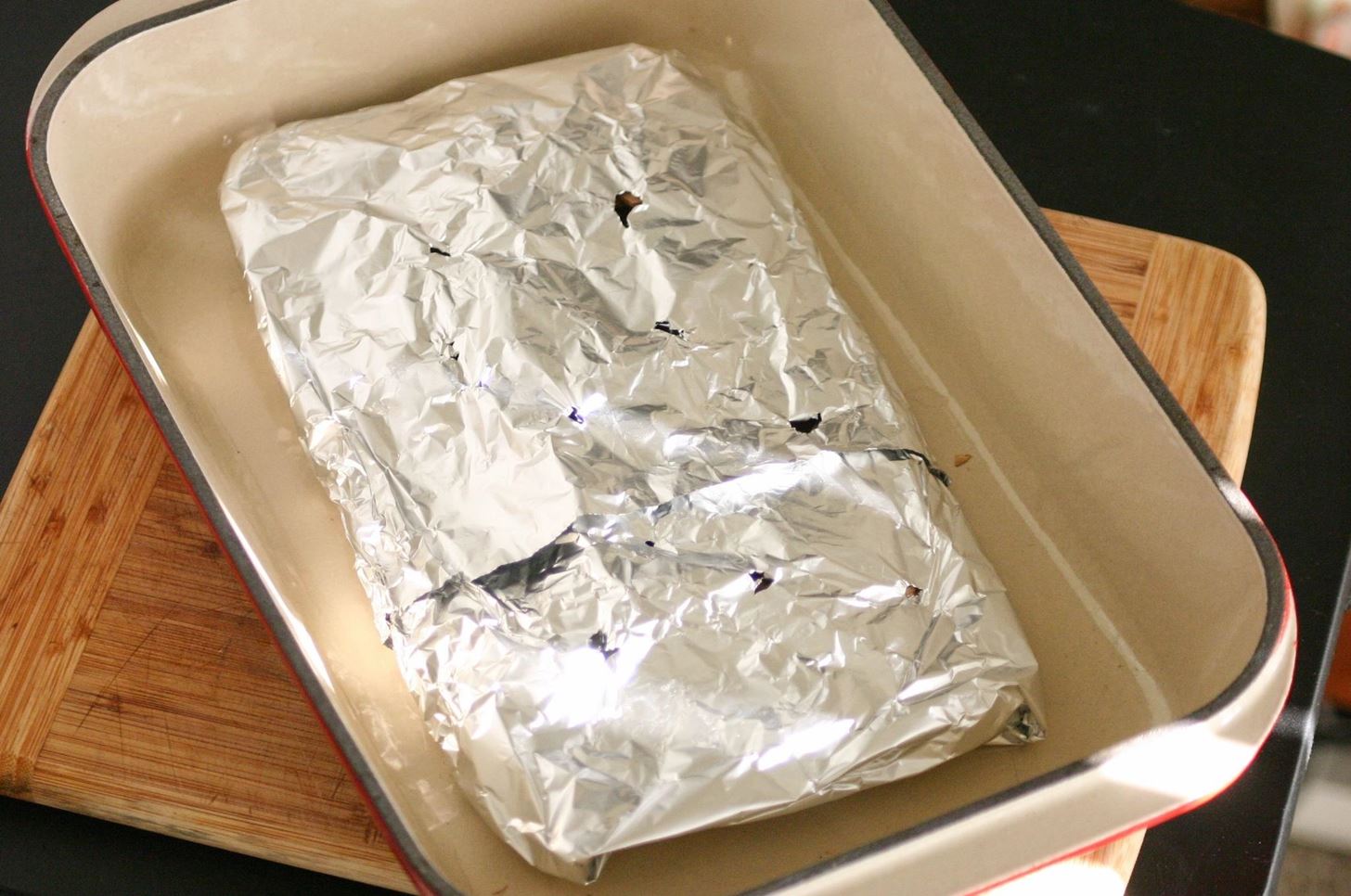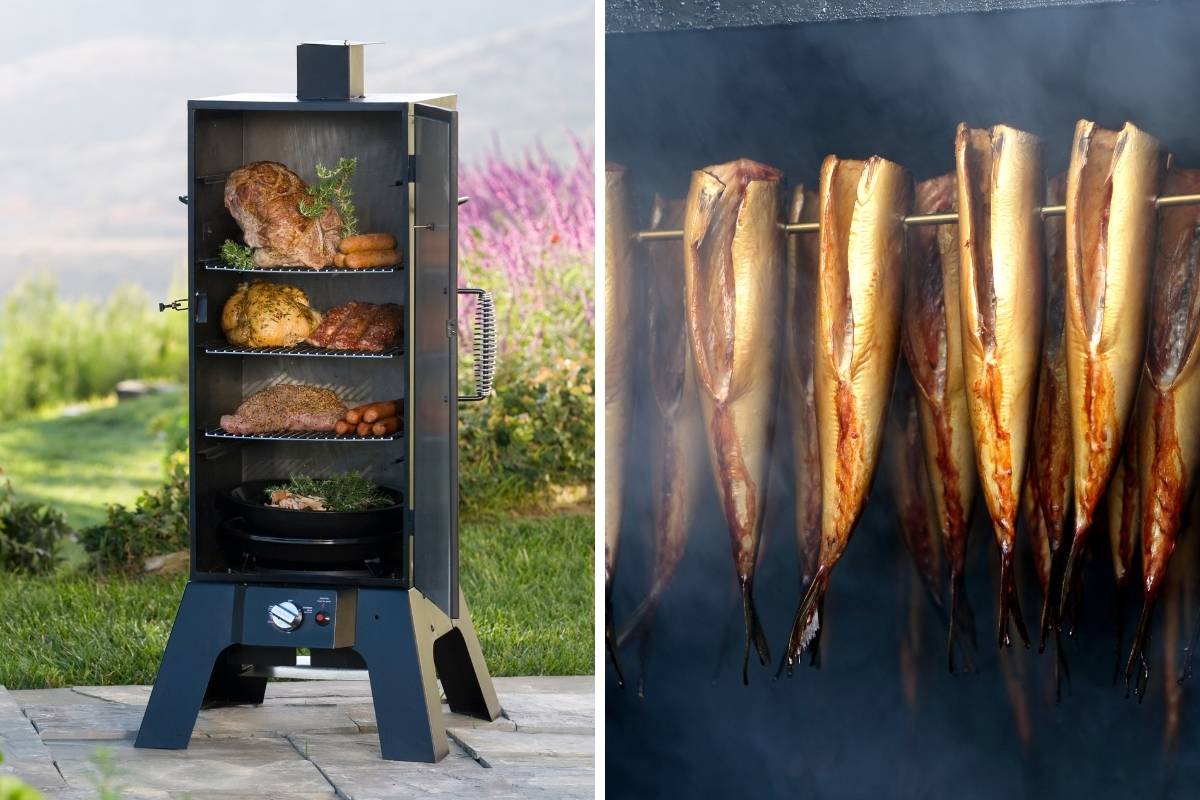Smoking Meat in a Smoker: A Beginner’s Guide
Smoking meat is a time-honored tradition that adds incredible flavor and tenderness to your favorite cuts. Whether you’re a seasoned pitmaster or a novice backyard cook, using a smoker to prepare your meats can take your culinary skills to the next level. In this guide, we’ll walk you through the basics of smoking meat in a smoker, so you can achieve mouthwatering results every time.
Choosing the Right Wood
When it comes to smoking meat, the type of wood you use can make a significant difference in the flavor profile. Different woods impart unique flavors, so it’s essential to choose the right one for the meat you’re smoking. Some popular options include:
- Hickory: Provides a strong, hearty flavor that pairs well with pork and poultry.
- Mesquite: Delivers a bold, earthy flavor that complements beef and game meats.
- Apple: Offers a sweet, fruity smoke that works beautifully with chicken and pork.
- Cherry: Imparts a mild, slightly sweet flavor that enhances the taste of pork and poultry.
Experiment with different wood varieties to discover your favorite flavor combinations.
Preparing the Meat
Before you start smoking, it’s crucial to prepare the meat properly to ensure a delicious outcome. Here are some essential steps to follow:
- Trim excess fat from the meat to prevent flare-ups and ensure even cooking.
- Season the meat generously with your favorite dry rub or marinade. This will add depth of flavor to the finished product.
- Allow the meat to come to room temperature before placing it in the smoker. This helps promote even cooking.
Mastering the Smoking Process
Now that you have your smoker set up and your meat prepared, it’s time to start smoking. Follow these steps for a successful smoking session:
- Preheat your smoker to the desired temperature, typically between 225°F and 275°F.
- Once the smoker is ready, place the seasoned meat on the grates and close the lid.
- Monitor the temperature throughout the smoking process, making adjustments as needed to maintain a consistent heat level.
- Add wood chips or chunks to the smoker to create a steady stream of smoke. This will infuse the meat with rich, smoky flavor.
- Allow the meat to smoke for the recommended time, which can vary depending on the type and size of the cut.
Ensuring Safe Cooking
When smoking meat, it’s essential to prioritize food safety to prevent the risk of foodborne illness. Follow these guidelines to ensure your meat is safely cooked:
- Use a meat thermometer to check the internal temperature of the meat. Different types of meat have specific temperature recommendations for doneness.
- Ensure that poultry reaches an internal temperature of 165°F, while beef, pork, and other meats should reach their respective safe temperatures.
- Allow the meat to rest for a few minutes after smoking to lock in the juices and maximize tenderness.
Enjoying the Fruits of Your Labor
Once your meat has finished smoking and reached the desired level of doneness, it’s time to savor the delicious results. Slice into the tender, flavorful meat and serve it alongside your favorite sides for a memorable meal that’s sure to impress.
With these tips in mind, you’re well on your way to mastering the art of smoking meat in a smoker. Whether you’re cooking up a rack of ribs, a brisket, or a whole chicken, the smoky, savory flavors will keep you coming back for more.
More Delicious Smoked Meat Recipes to Try
Once you've mastered the basics of smoking meat, dive into a variety of recipes to refine your techniques and delight your palate. For beef lovers, Hickory Brisket Smoked to Perfection offers a classic taste, while Savory Mesquite Smoked Beef Ribs brings a bolder flavor. Pork enthusiasts will revel in the Delicious Applewood Smoked Pork Ribs and the succulent Flavorful Cherry Wood Smoked Pork Loin. Poultry is also a great canvas for smoking; try the Tender Cherry Wood Smoked Chicken or the Juicy Applewood Smoked Turkey for family gatherings. Not to be overlooked, the Exquisite Applewood Smoked Salmon and Rich Mesquite Smoked Trout provide delightful options for seafood aficionados. Each recipe is crafted to help you utilize your smoker effectively, enhancing the flavors of the wood chips and the natural nuances of each type of meat or vegetable. These selections are highly recommended for their ability to showcase different smoking techniques and their adaptability to various types of smokers.
Was this page helpful?
Read Next: How To Smoke Whole Deer Hind Quarter
